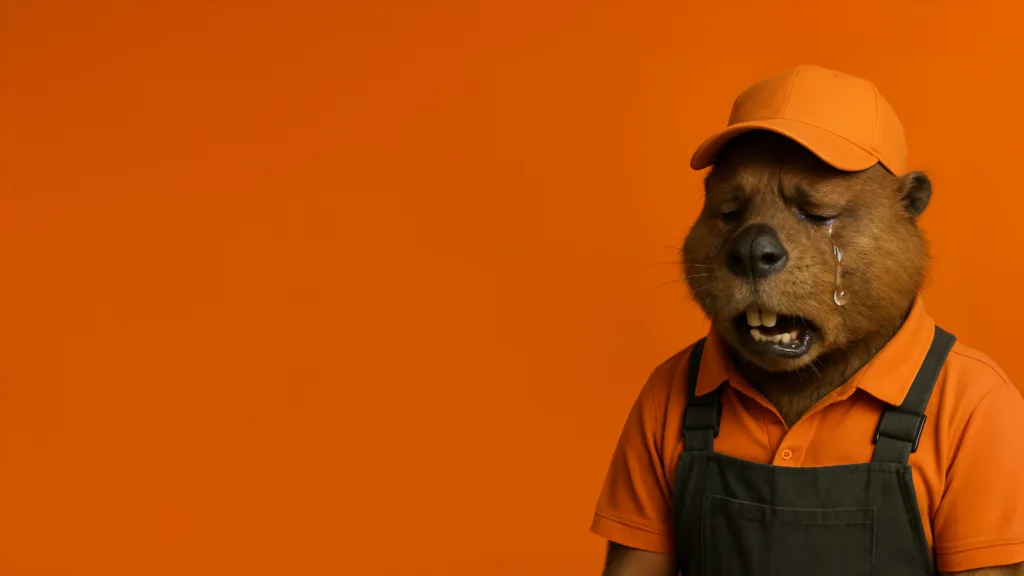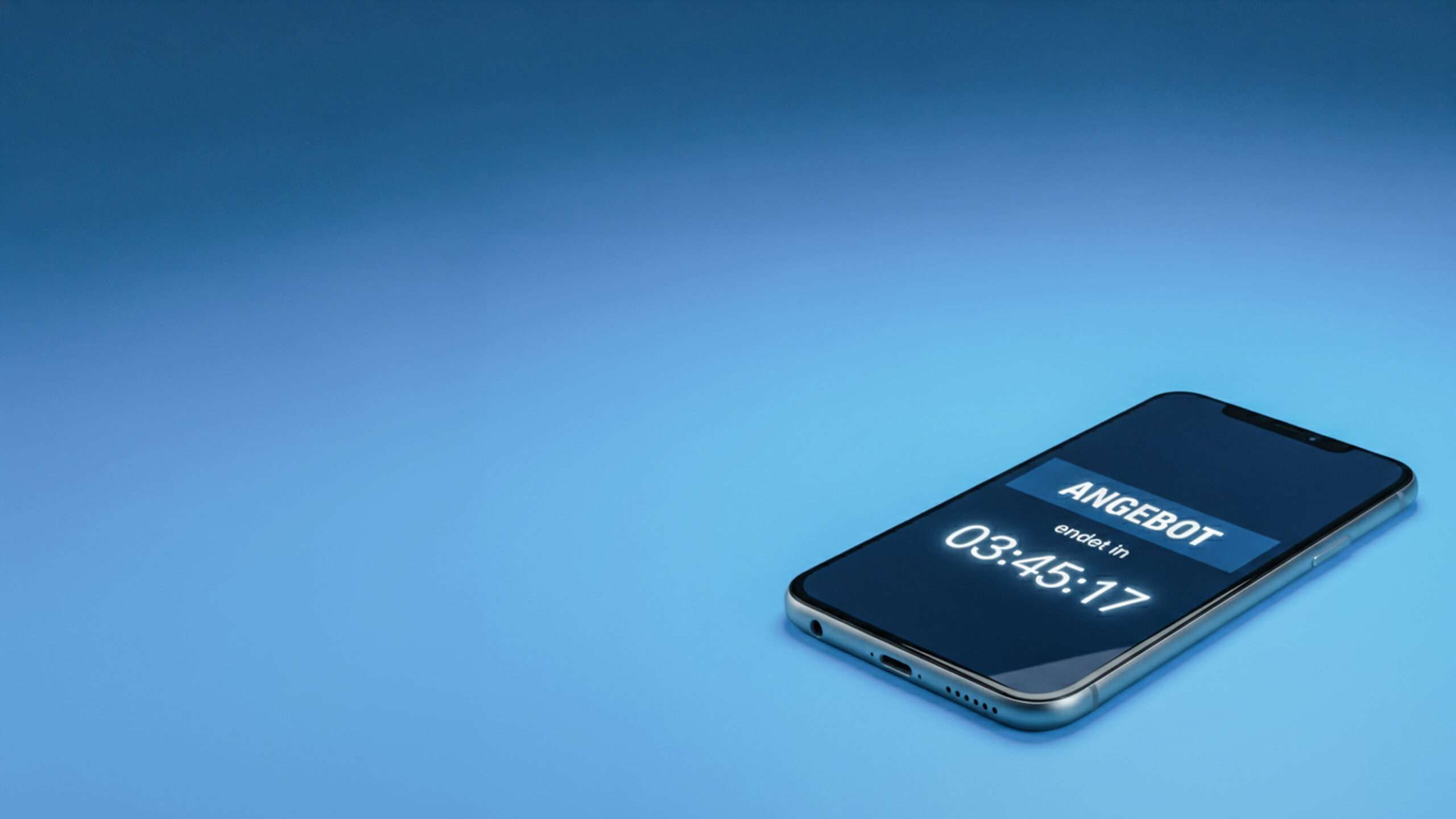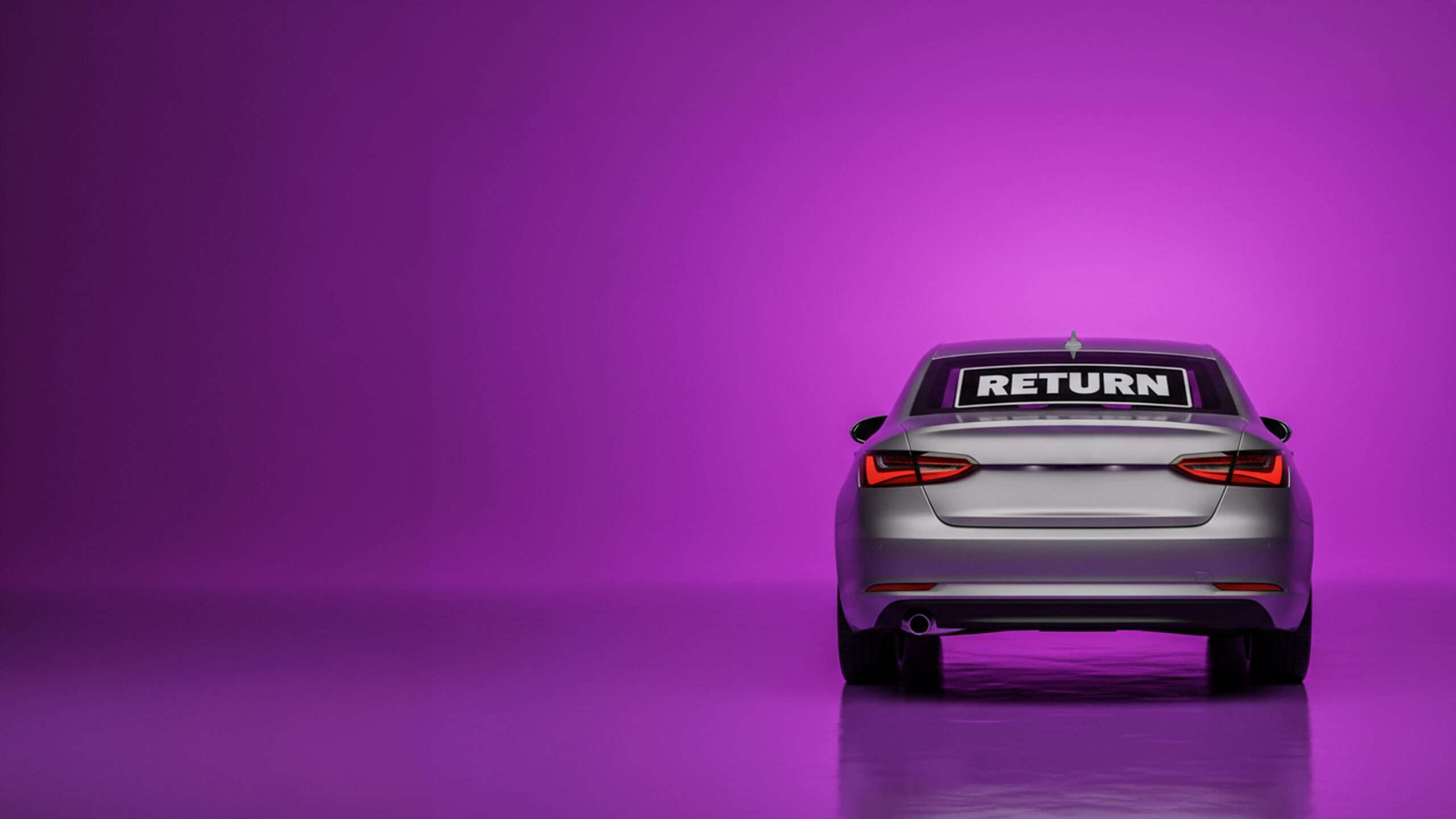
Deletion of
the
OBI color brand.
Deletion of
the
OBI color brand.
from
Competitors of the DIY chain OBI applied for the cancellation of the OBI color mark orange. They have now also been successful before the Federal Patent Court.
Background to the deletion procedure
The DIY chain OBI had already registered the color orange (RAL 2008) as an abstract color trademark in 2010 as a color trademark for retail services in the field of DIY and home improvement products at the German Patent and Trade Mark Office (DPMA) – without any additional graphic design or lettering, i.e. purely as a colored surface.
Since abstract color marks without contours generally have no inherent distinctiveness – because colors are generally supposed to be in the public domain in business life – the trademark could only be registered by way of enforcement. The DPMA registered the trademark in 2012 on the basis of a demoscopic expert opinion. This came to the conclusion that more than 50% of the people surveyed associated the color orange with OBI – a rate that is generally considered sufficient in trademark law .
In the following years, however, competitors objected to the monopolization of this color for the DIY trade and filed two cancellation applications with the DPMA – first in 2015 and again in 2016. The main reason given was that orange is a signal color that is widely used in the industry and is not exclusively associated with a particular supplier. It therefore lacked both inherent distinctiveness and sufficient market penetration.
At the time of the trademark application, OBI was aware that the two applicants for cancellation as competitors would also use the color orange as a feature of their “corporate identity” and that the color was common in the DIY sector due to its longstanding use by the large US chains.
DPMA decides to cancel the OBI color trademark
The DPMA granted the cancellation requests.
The fundamental lack of distinctiveness of a contourless, abstract color mark had not been overcome at the time of filing the application through market penetration. Moreover, the trade mark proprietor did not assert that the mark had become established on the market at the time of the decision on the cancellation requests.
No special circumstances were discernible which could justify the assumption that the contested abstract color mark was exceptionally inherently distinctive.
The demoscopic expert opinion submitted in the application procedure was limited to the wrong target group, namely only buyers of DIY and home improvement products, instead of the population as a whole. The survey was also methodologically flawed in other respects.
OBI lodged an appeal against the decision.
BPatG confirms cancellation of the color trademark
With Decision of 05.06.2025 – Ref. 29 W (pat) 24/18 the Federal Patent Court confirms the decision to cancel the OBI color trademark.
The court was unable to establish that the federal patent judges considered that the mark had become established on the market. In invalidity proceedings, the burden of proof with regard to the asserted market penetration lies with the trademark owner if the registration of the trademark as having been established by the DPMA on the basis of a demoscopic expert opinion. The BPatG also saw methodological deficiencies in the expert opinion submitted in the registration proceedings, inter alia with regard to the relevant public.
In the case of goods and services for mass consumption, the target public is generally the entire population, although those sections of the
public who “categorically refuse to purchase the goods or use the services” can regularly be excluded.
The expert opinion from the application proceedings was also shaken by a further expert opinion of the applicants for cancellation, which was submitted in the course of the proceedings and came to the conclusion that the color orange is much less strongly associated with OBI.
Conclusion
The BPatG’s decision on the orange color mark underlines the fact that color marks are highly sensitive in trademark law – especially in the case of mass-market products.
Trade mark owners cannot rely on the fact that an expert opinion once accepted by the office is sufficient. In cancellation proceedings, they always bear the burden of proving that the mark has been registered.
In the case of traffic reports, care must be taken to avoid methodological errors and to correctly determine the relevant traffic groups. Otherwise, such an expert opinion, which is associated with considerable costs, could turn out to be worthless.
We are happy to
advise you about
Trademark law!







